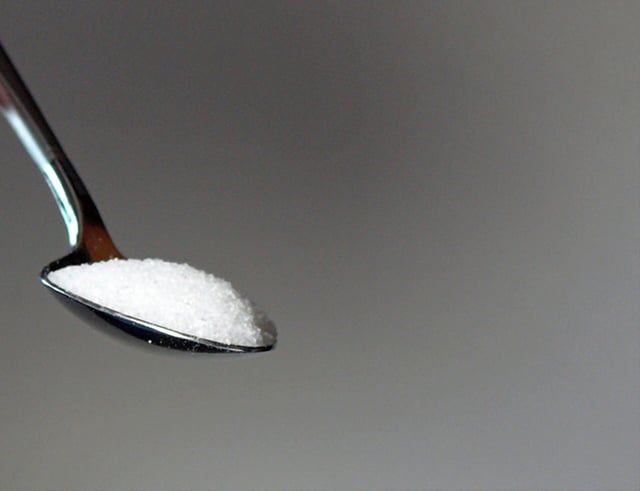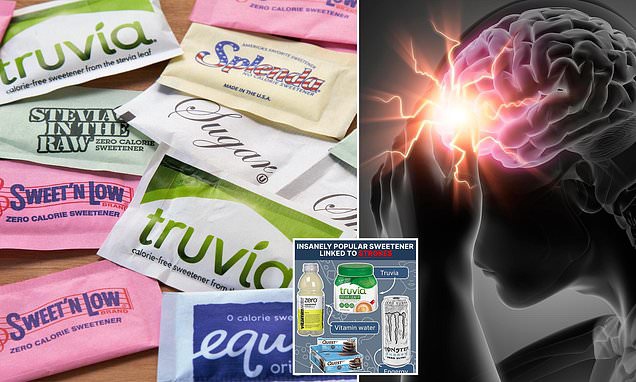Overview
- The July 21 Journal of Applied Physiology paper from University of Colorado Boulder treated cultured human cerebral microvascular endothelial cells with six mM erythritol, matching levels found in a standard sugar-free beverage.
- Exposure to erythritol significantly increased reactive oxygen species and endothelin-1 production while elevating antioxidant enzyme expression in the treated cells.
- When challenged with thrombin, erythritol-treated cells released markedly less tissue-type plasminogen activator, indicating weakened clot-dissolving capacity.
- Previous observational research of over 4,000 adults in the United States and Europe found that elevated blood erythritol levels correlate with higher heart attack and stroke incidence within three years.
- Investigators urge animal and clinical studies to verify whether these in vitro endothelial effects translate to human stroke risk and recommend that high-intake consumers monitor their erythritol use.



